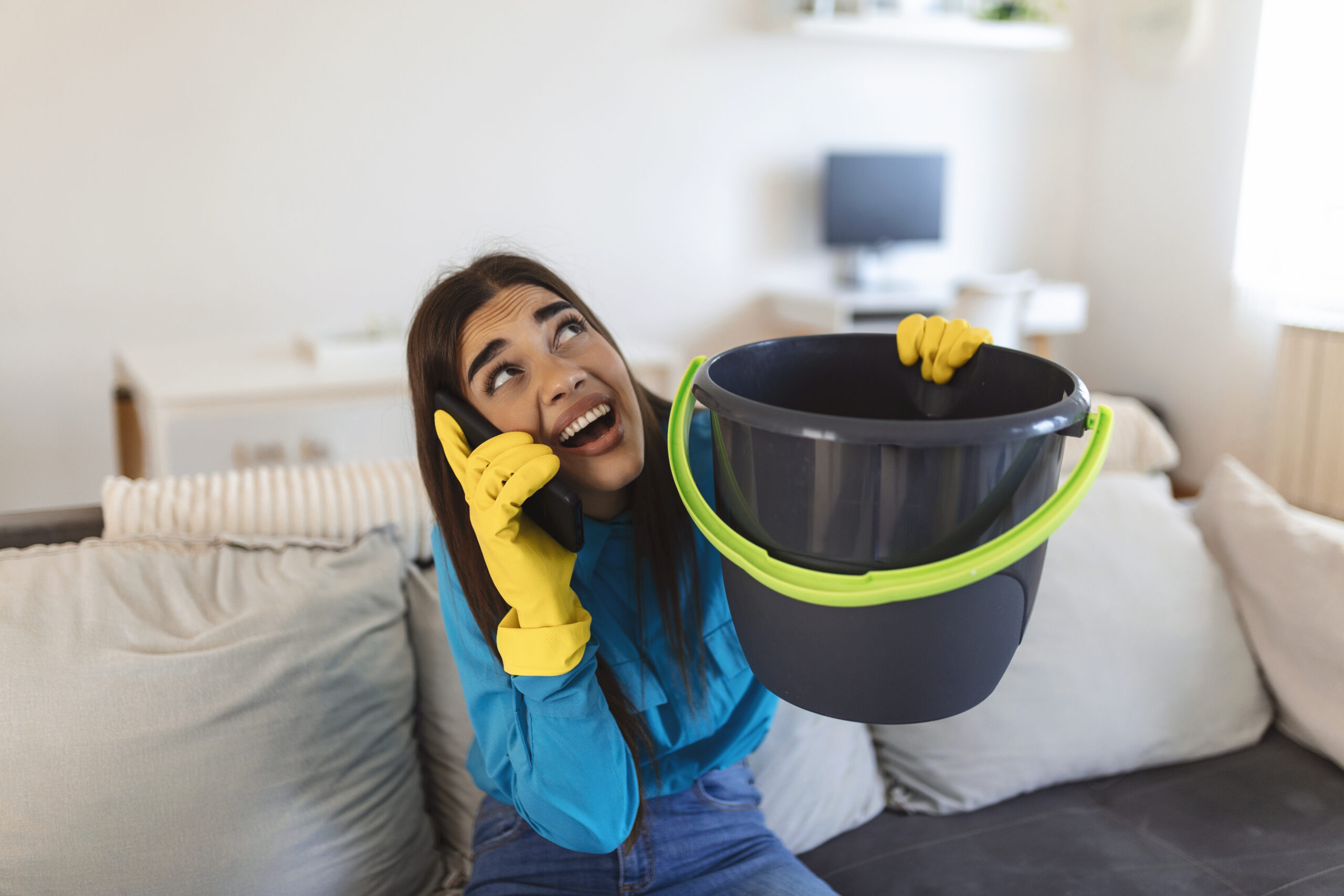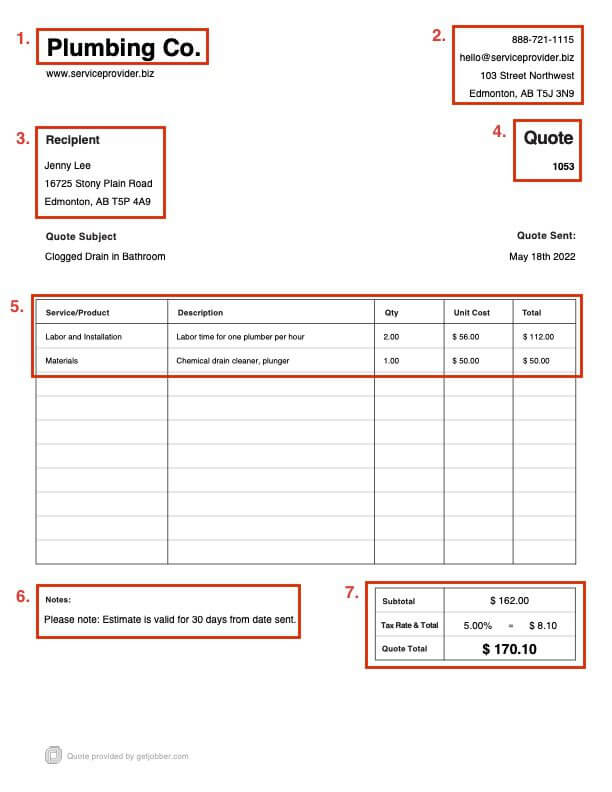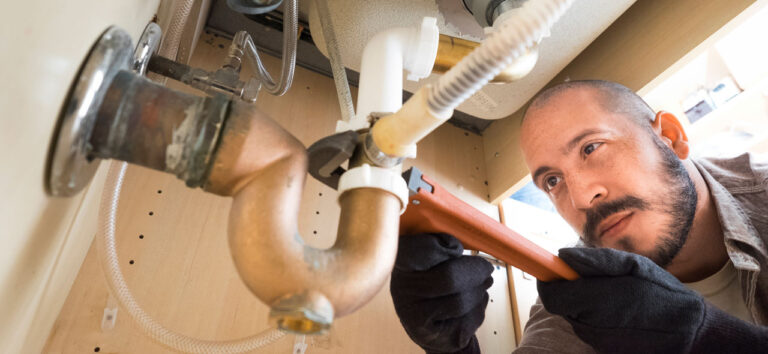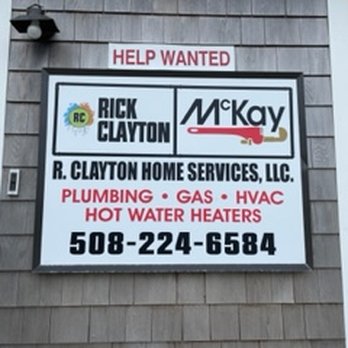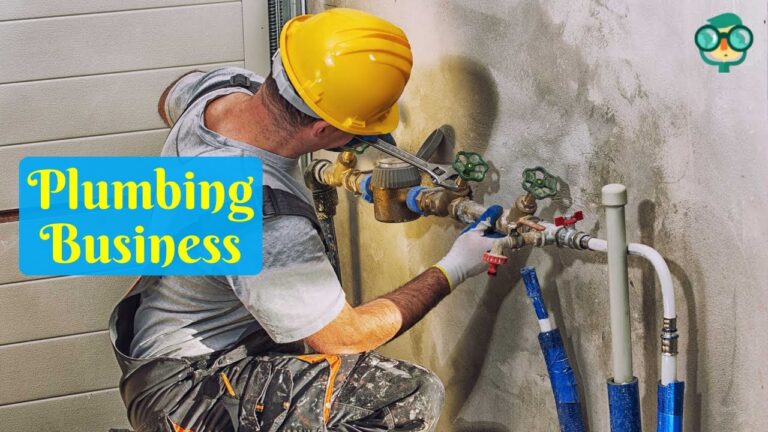How Can Plumbing Be Damaged?
Plumbing systems are essential for the functioning of most households, but they can also be damaged over time. When a plumbing system is damaged, it can be difficult to repair and can cause significant disruption to a household. Common causes of plumbing damage include improper installation, clogs, corrosion, and freezing temperatures. It is important to know how to properly maintain and repair plumbing systems to minimize the risk of damage.
Identifying Common Causes of Plumbing Damage
Plumbing damage can be caused by several factors, ranging from improper installation to extreme weather conditions. To identify the root cause of plumbing damage, it is important to understand the common causes that can lead to serious plumbing problems. One of the most common causes of plumbing damage is improper installation or maintenance. Poorly installed plumbing fixtures, such as faucets, showers, and toilets, can cause water to leak and cause damage to the surrounding area. Additionally, insufficient maintenance can lead to corrosion of pipes and other components, resulting in plumbing damage.
Extreme weather conditions can also lead to plumbing damage. Cold temperatures can cause water to freeze in pipes, resulting in a rupture, while high temperatures can cause pipes to expand and contract, leading to cracks and leaks. Furthermore, flooding can cause significant damage to plumbing systems, resulting in broken pipes, clogged drains, and other plumbing issues.
Finally, the use of harsh chemicals and cleaners can also contribute to plumbing damage. Using the wrong type of drain cleaner can damage pipes while pouring grease down the drain can clog the pipes and cause damage. It is important to be aware of the potential consequences of using harsh chemicals and cleaners on plumbing systems.
By understanding the common causes of plumbing damage, it is possible to take preventive measures to avoid costly repairs. Regular maintenance and inspection of plumbing systems can help identify and resolve problems early on. Additionally, taking steps to protect plumbing systems from extreme weather conditions can help minimize damage and protect against expensive repairs.
Recognizing the Signs of Plumbing Damage
Plumbing damage can happen without warning, often caused by normal wear and tear, the age of the plumbing, ill-advised DIY repairs, and even natural disasters. Knowing how to recognize the signs of plumbing damage is an important part of being a responsible homeowner. From small leaks to major issues, here are some of the most common signs of plumbing damage that you need to be aware of.
One of the first signs of plumbing damage is an increase in water bills. If you find your water bills suddenly rising without any change in your daily water usage, then this could be an indication of a leak. It could be coming from the pipes, the hot water tank, or even a damaged washing machine.
Another sign of plumbing damage is a change in water pressure. This is particularly noticeable when it comes to showers and faucets. If you experience a decrease in water pressure, then it could be a sign of a blockage in the pipes or a leak somewhere.
Standing water in sinks or bathtubs is another indication of plumbing damage. The most common causes of standing water are clogged drains or leaks in pipes. In some cases, water can leak from the taps, and if this is the case, then it could be a sign of a faulty valve or a loose connection.
Finally, mold growth is another sign of plumbing damage. This can occur in areas with poor ventilation, such as bathrooms and kitchens, as well as around faucets and drains. If you notice mold growth, then you should immediately take steps to fix the underlying issue.
By being aware of the signs of plumbing damage, you can take proactive steps to prevent major issues from happening. Regular maintenance, inspections, and professional repairs can help keep your plumbing in top condition and help prevent costly repairs.
Preventing Plumbing Damage
Plumbing is a crucial element in any home, but it can be easily damaged due to a variety of reasons. As a homeowner, it’s important to understand the potential causes of plumbing damage and how to reduce the risk.
Clogs are one of the most common causes of plumbing damage. Clogs can be caused by the buildup of debris such as hair, food, and soap scum, as well as the accumulation of minerals in hard water. To prevent clogs, make sure to clean sinks and bathtubs regularly, and use a strainer or stopper to catch debris and prevent it from entering the pipes.
Another cause of plumbing damage is tree roots. Tree roots can grow into cracks and joints in pipes, causing blockages and leaks. To reduce the risk of tree root damage, be sure to keep tree roots away from pipes by planting trees at least 10 feet away from plumbing lines.
In addition, extreme temperatures can cause pipes to freeze and burst. To prevent this, be sure to keep pipes warm and insulated, and be mindful of the temperature outdoors. If there’s a chance of freezing temperatures, be sure to turn off water to prevent pipes from freezing and bursting.
Finally, plumbing damage can be caused by corrosion. To reduce corrosion, be sure to use the right type of pipes for your home and ensure they are properly installed. Additionally, avoid using chemical drain cleaners, as they can corrode pipes.
By understanding the potential causes of plumbing damage, homeowners can take steps to reduce the risk of damage and protect their homes. Regular maintenance, such as cleaning drains and checking pipes for signs of wear and tear, can help prolong the life of plumbing and prevent costly repairs.
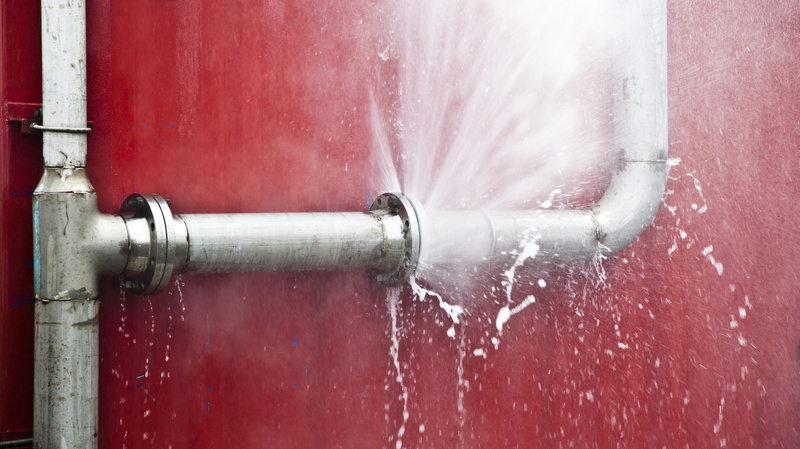
Assessing the Extent of Plumbing Damage
Plumbing damage can arise from several sources, including physical damage, such as a collapsed pipe, or wear and tear due to age and usage. Assessing the extent of plumbing damage is a key step in evaluating the need for repairs, and the cost of those repairs.
Plumbing damage can range from minor and easily reparable issues, such as a blocked drain, to major and potentially costly problems, such as a burst pipe. If the damage is localized, the repair may be relatively straightforward, but if the problem is more extensive, further investigation may be required.
When evaluating plumbing damage, it is important to take into account not only the immediate cause of the damage but also any underlying issues that may have contributed to it. Issues such as corrosion, improper installation, or lack of maintenance can all lead to plumbing damage, so it is important to address these factors to prevent further damage.
It is also important to consider the safety implications of plumbing damage. Leaking pipes can lead to water damage and mold growth, while exposed wiring and other electrical components can present a fire hazard. Therefore, it is important to assess the extent of plumbing damage and take the necessary action to ensure that the issue is resolved safely and effectively.
Hiring a Professional Plumber for Repairs
While plumbing problems can be simple and often can be fixed by DIY methods, sometimes the issue is more complex and requires the help of a professional plumber. Plumbing damage can be caused by a variety of issues, including corrosion, tree root infiltration, and ground shifting. If the plumbing damage is extensive, hiring a professional plumber is the best way to ensure that the problem is fixed properly. Professional plumbers are trained and experienced in dealing with plumbing problems. They will inspect the system, identify the problem, and provide a comprehensive solution. Professional plumbers also have the necessary tools and equipment to do the job right. Hiring a professional plumber can save time, money, and hassle, as the repairs will be done correctly the first time. In addition, professional plumbers can provide advice on how to prevent future plumbing problems. Ultimately, hiring a professional plumber is the best way to ensure that plumbing damage is repaired quickly and correctly.
Understanding the Cost of Plumbing Repair
When it comes to plumbing, damage can be costly. From burst pipes to blocked drains, plumbing issues can easily become a major expense. Knowing the potential costs of plumbing repair is essential for homeowners and businesses alike. To help you understand the cost of plumbing repair, this article will provide an overview of the factors that affect the cost of plumbing repair, as well as some helpful tips on preventing plumbing damage.
In general, the cost of plumbing repair depends on the severity of the damage, the type of repair needed, and the materials used. More extensive damage will cost more to repair, as will more complex repairs. Additionally, the type of materials used to repair plumbing can also factor into the cost. Plumbing repair costs can vary widely depending on the type of repair needed.
In addition to understanding the cost of plumbing repair, it’s also important to know how to prevent plumbing damage. Regular maintenance and inspection of your plumbing system can help to identify potential problems before they become costly repairs. Additionally, installing additional preventative measures, such as water shutoff valves, can help to minimize the potential for plumbing damage.
When it comes to plumbing repair, understanding the cost and being proactive with preventative measures can help to reduce the expense. Knowing the factors that affect the cost of plumbing repair, as well as preventative measures that can be taken to reduce damage, will help you keep your plumbing system in good working order.
FAQs About the How Can Plumbing Be Damaged?
Q1: What are the common causes of plumbing damage?
A1: Common causes of plumbing damage include poor installation, poor maintenance, incorrect materials used, age of the system, and extreme weather conditions.
Q2: How can I tell if my plumbing is damaged?
A2: Signs of plumbing damage include clogged drains, low water pressure, foul odors, and water leaks.
Q3: How can I prevent plumbing damage?
A3: To prevent plumbing damage, you should have your plumbing system inspected regularly, maintain it properly, and use the correct materials for repairs. You should also avoid extreme weather conditions when possible and use protective coverings in cold climates.
Conclusion
Plumbing damage is a common problem for many homeowners. From broken pipes to clogged drains, plumbing damage can be costly and time-consuming to repair. It is important to be proactive in taking care of your plumbing system to prevent any costly damages. Regular maintenance, such as checking for leaks, replacing old pipes, and avoiding harsh chemicals can help to protect your plumbing and keep it running smoothly. If you do experience a plumbing issue, it is important to contact a professional plumber to properly diagnose and repair the issue.

